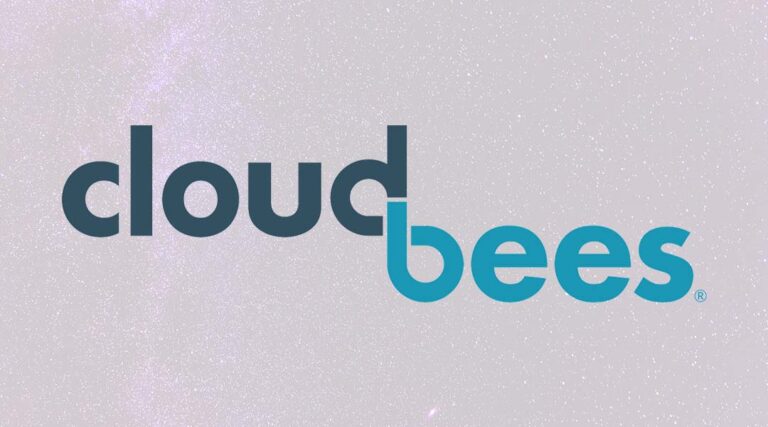
CloudBees is contemplating how to overhaul its technology portfolio in 2020, after a series of acquisitions that saw it expand beyond its roots in the Jenkins community.
CloudBees is the prime backer of open source CI/CD platform Jenkins, pushing its own enterprise version as CloudBees Core. Over the last couple of years, it has acquired a small raft of other companies including cloud-based CI/CD vendor Codeship. Earlier this year it bought release automation outfit Electric Cloud, following that up with feature flag provider Rollout.
In between all that, it released its first distribution of Jenkins X, the Kubernetes focused CI/CD project it has thrown its backing behind, and announced its Software Delivery Management strategy which is currently in preview.
At the vendor’s DevOps World/Jenkins World shindig in a chilly Lisbon earlier this month, Jenkins, X and otherwise, dominated the schedule, with some of recently acquired products, such as Flow and Rollout, seemingly lost in the agenda.
Time to simplify
So when we caught up with CEO Sacha Labourey at the vendor’s annual European get together, unsurprisingly, bringing all of this together into a coherent whole was top of his agenda for next year.
“We’re working on simplifying our portfolio,” he said. “We understand it’s a bit complicated”.
Rather than junking names and brands and merging products, he said, “It’s adding more integration. We want to be able to say that if you have one platform on premise or as a SaaS, you want to be able to cover everything – Jenkins, Jenkins X and CD. That’s where we want to go.”
This would mirror customers’ own journey somewhat, starting with CI then beginning to think more in terms of CD. “That’s where Flow comes into the picture with a classical environment. Then they want to start doing more Kubernetes work. Well Core works on Kubernetes. So for us to instantiate Jenkins X type of behaviour on top is feasible.”
Next comes “an abstraction on top of that, because in the end, that you’re you’re doing CI with Jenkins or Jenkins X or CD with Flow, or Jenkins X doesn’t really matter. You have assets flowing through a pipeline, you have environments you have a specific response time and behaviour in production, and to be able to holistically analyse this behaviour through our SDM is really the way to go.”
It’s not quite a one size fits all, top down model, it seems. “We really want to make it quite a local choice. So depending on which team you are, you get to cherry pick the best engine for your needs in CI or CD.”
“And then from a corporate standpoint, you get to receive all of those signals in a normalised fashion. So you can extract insights, we can coordinate the processes independently of the engine.”
While Core, Flow, Accelerator and Codeship are currently still distinct products, albeit with the CloudBees prefix,, Labourey said, “I think it’s more moving towards one core platform with modules…there are a lot of things we could do with better integration.”
A time to be humble
Still, it’s hard to get away from the J word – unsurprisingly, given that Jenkins – and its attendant community – has been around since 2011, or 2004 if you count its earlier Hudson manifestation.
Still, a much loved brand and a thriving community is not actually a cast-iron guarantee of future success. DevOps world happened just weeks after Docker – the company – split itself up, selling its “enterprise” business to Mirantis.
Docker’s coming to grief was something “to keep us all very humble” said Labourey, who also noted the container pioneer’s demise occurred around the same time as the scales dropped from Wall St’s eyes and it turned out WeWork was actually a real estate rental company, not an innovation platform. (Or indeed, a community)
“It’s a tragic story in some ways,” said Labourey of Docker, which showed “When you have a lot of money and you don’t necessarily focus on something, bad things can happen”.
That said, he continued, a lot of the criticisms being hurled at Docker were “I think too strong…They still have an amazing brand.”
It’s a salutary lesson as companies in the CI/CD/DevOps space face up to the need to satisfy an increasingly “corporate” customer base as well as, sometimes, impatient investors.
“I think a lot of companies have been successful at being cool companies, but in the end, cool doesn’t necessarily mean revenues. and good old boring tech can be good old boring cash as well,” says Labourey. “And, yeah, it’s something we struggled with as well. I think we’ve been less worried about being a cool kid company.”
